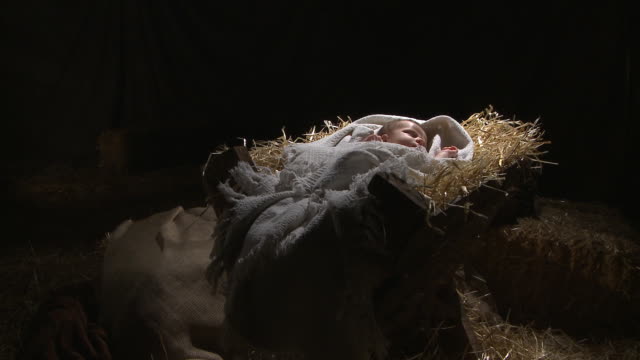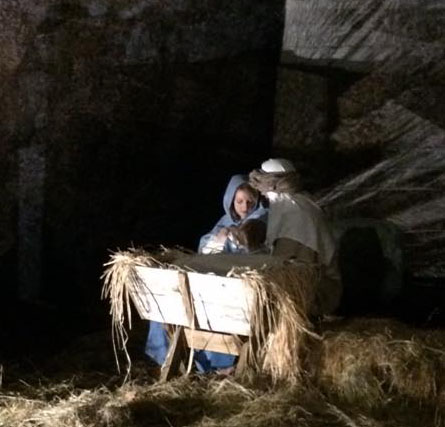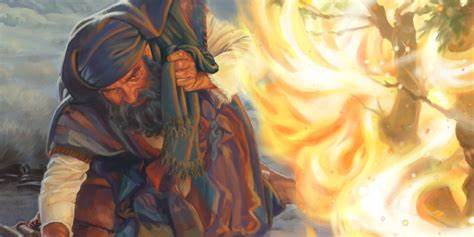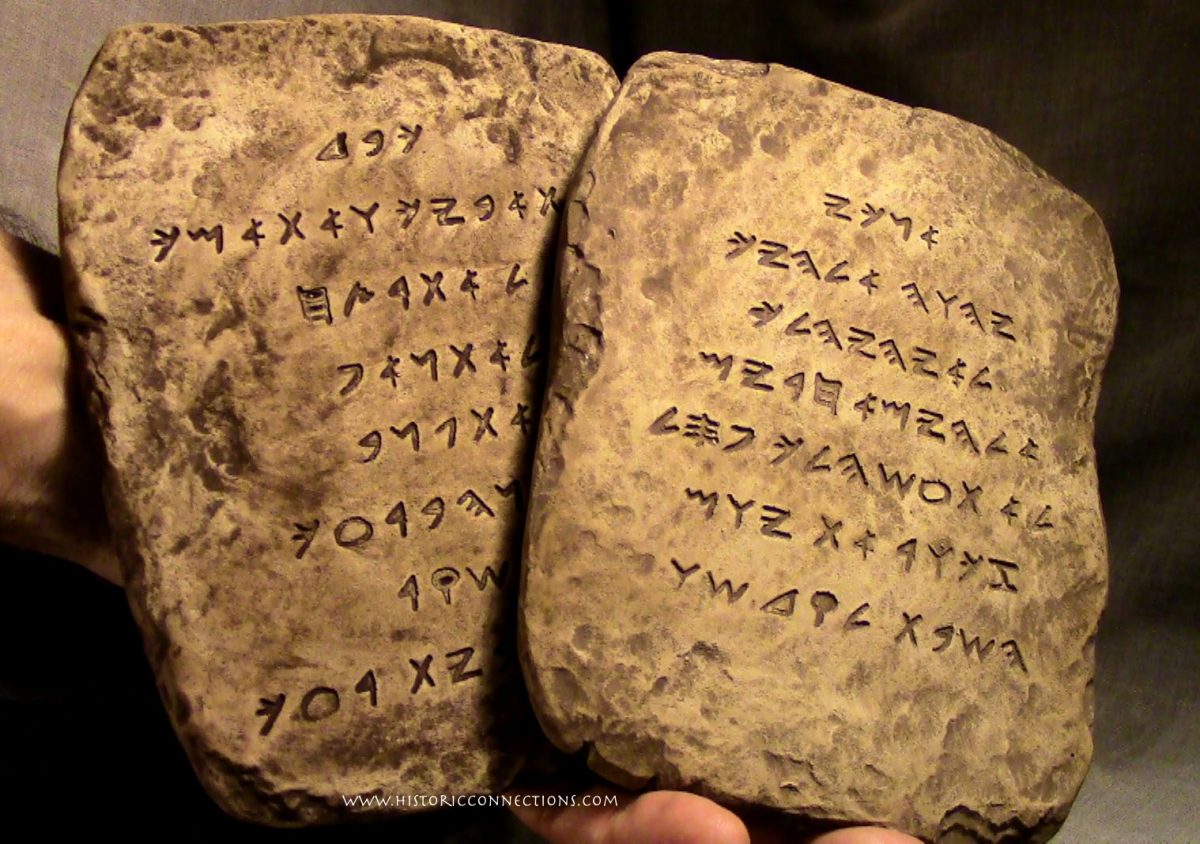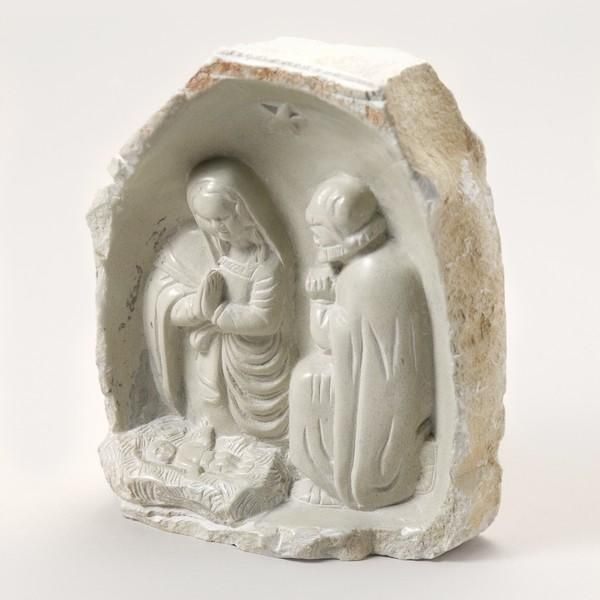Background Passage: Luke 7:18-28; John 16:33; and I Corinthians 15:58
Being discouraged is a common human experience. If you’re not discouraged now about something happening in your life, you haven’t lived long enough, or you’re exceptionally blessed. Truthfully, in my experience, if you’re not discouraged now, just hang on. You will be at some point. Our faith gets tested time and time again by life’s challenging circumstances.
Discouragement feeds off of itself as it drives us to do or not do things that make our situation worse, spiraling into doubt and despair. In the end, we grow frustrated about what has happened or fearful of what might happen.
Noted Christian theologian and author C. S. Lewis wrote The Screwtape Letters in 1942. Screwtape, a upper management demon offers advice to his nephew, a novice demon looking to work his way up in the devil’s kingdom. Screwtape shares his wisdom in a series of letters that offer keen insight into the human condition.
In one such letter, Screwtape advises his nephew to sew fear and discouragement into the hearts of those who follow God, whom he called their Enemy. Screwtape writes, “We want him (the human) to be in the maximum uncertainty, so that his mind will be filled with contradictory pictures of the future, everyone one of which arouses hope or fear. There is nothing like suspense and anxiety for barricading a human’s mind against the Enemy. The Enemy wants men to be concerned with how they live. Our business is to keep them thinking about what will happen to them.”
If we enter our relationship with Christ expecting a trouble-free life, discouragement is a given. At some point, we will worry about what will happen to us. Jesus warns us that our time on earth will have “many trials and sorrows.” He doesn’t leave us there, however. He adds, “Take heart because I have overcome the world.” (John 16:33) Experiencing discouragement and doubt in troubled times is a natural response when answers don’t come quickly or when the answer is not what we expected or wanted.
You can read passage after passage in scripture about exceptional men and women of faith who grew discouraged at what life threw at them. This week I came across a passage in Luke that I’ve read but not considered deeply. In this passage, John the Baptist’s experience provides a fresh take on how we are to respond to doubts that creep in from time to time.
Can you imagine any time that John the Baptist, that fiery, locust-eating preacher and prophet, would be discouraged and filled with doubt? Here’s a guy about whom Jesus offered high praise. Talking to a crowd about John the Baptist, Jesus said,
“What did you go out into the wilderness to see? A reed swayed by the wind? If not, what did you go out to see? A man dressed in fine clothes? No, those who wear expensive clothe and indulge in luxury are in palaces. But what did you go out to see? A prophet? Yes, I tell you, and more than a prophet. This is the one about whom it is written: “I will send my messenger ahead of you, who will prepare your way before you.” I tell you, among those born of women there is not one greater than John…” (Luke 7:24b-28)
To Jesus, John was rock solid, called by God to set the stage for the final act of God’s redemptive plan. Let’s think about John the Baptist. (To make it less cumbersome, I’ll just call him John from now on.)
Jesus and john were kinfolk. John was born to Zachariah and Elizabeth, Mary’s relative, just months before Jesus was born. It is John whom the spirit made jump for joy while still in his mother’s womb as Mary told Elizabeth about the things God told her about her own baby. He’s safe in the womb and John’s already “preparing the way of the Lord.”
Since they lived in different towns, I doubt that Jesus and John were everyday playmates as children, but I can certainly see them playing together as children when the families gathered. I can imagine John and Jesus having some interesting conversations about life and faith as they grew to be teenagers. I can certainly hear the deeper and more substantial theological conversations as they stood on the threshold of their respective ministries.
This is the same John to whom Jesus came when he felt the need to be baptized in the Jordan River. Hear John make this strong declaration about Jesus in the moment.
“Look! The Lamb of God who takes away the sin of the world!…I have seen and I testify that this is God’s Chosen One.” (John 1:29,34)
It is John who stood waist deep in the Jordan with Jesus, hearing the voice of God declare,
“This is my Son, the one I love. I am very pleased with him.” (Matthew 3:16-17)
If anything could cement his faith and trust in Jesus, that should be it.
It was John whose strong preaching called for repentance, urging God’s people to turn back to him. It was John who told his disciples that Jesus must increase while he (John) must decrease. It was John who chastised the rich and powerful for ignoring God’s word. It was John who was unafraid to call sin a sin, even if it meant confronting Herod, the most powerful man in Judea.
Still, as solidly as John was grounded in his faith and belief, he had a moment of doubt and despair when his life took that unexpected twist.
After calling out Herod for committing adultery with his brother’s wife, the despot had enough. Herod arrested John, shackled him and tossed him into a small, dark cell, until the king’s new wife and step-daughter conspired to have John beheaded.
While languishing in prison, John heard from some of his disciples of Jesus’ growing popularity. They told him about Jesus healing the son of a Roman centurion and raising from the dead a widow’s only son. Here’s how Luke tells the story.
“John’s disciples told him about all these things. Calling two of them, he sent them to the Lord to ask, “Are you the one who is to come, or should we expect someone else?” When the men came to Jesus they said, “John the Baptist sent us to you to ask, “Are you the one who is to come, or should we expect someone else?”
“At that very time Jesus cured many who had disease, sickness and evil spirits, and gave sight to many who were blind. So he replied to the messengers, “Go back and report to John what you have seen and heard: The blind receive sight, the lame walk, those who have leprosy are cleansed, the deaf hear, the dead are raised, and the good news is proclaimed to the poor. Blessed is anyone who does not stumble on account of me.” (Luke 7:18-23)
Did you hear John’s question? “Are you the one who is to come, or should we expect someone else?” John earlier declared Jesus “God’s Chosen One.” He already testified that Jesus was the Messiah. What caused his apparent change of heart?
I think the reason for his question was personal. John had done the right thing…always. He had dotted all the i’s and crossed all the t’s just as God led him to do, but he still found himself in prison with no way out. John could no longer do what he felt called to do.
This prophet of God faced a death sentence because he proclaimed what he thought was God’s truth. He wanted and needed to know his suffering was worth it. In his mind, everything he did that brought him to this dark place seemed in vain. Somewhere in the back of his mind, Screwtape was whispering lies that led to discouragement, doubt and despair.
It wasn’t supposed to end like this. He was supposed to see God’s kingdom restored. He sure didn’t expect to be locked away in prison while Jesus took what seemed to be a less aggressive and less controversial path.
John’s question is one I’ve asked many times when life took its unexpected and nasty twist or when I’ve been confused and confronted with the will of God that runs counter to my own desire. Is Jesus really the one? Is Jesus who I believed him to be? Do I really trust him with my life even in the middle of this mess I’m in?
When struggling with questions of life and faith, most of us don’t go to Jesus…at least not at first. We don’t go to the source of life. We like to wallow in our misery for a bit.
Yet, in his most troubled moment John, whether he knew it or not, teaches us a lesson about what to do when doubt creeps in. When his faith wavered, John did one thing right. In the middle of his despair, John took his doubts directly to Jesus.
John’s disciples posed the prophet’s question to Jesus. Jesus didn’t blink. He didn’t roll his eyes at John’s confusion. The scripture says, “At that very time Jesus cured many diseases, sicknesses and evil spirits…”
In other words, Jesus suggested, “Why don’t you guys just take a seat and watch for a while.” Then he went about doing what Jesus always did. He took care of the people he encountered. When he finished his work, he instructed those two disciples to go back and tell John what they had seen and heard.
That Jesus touched the lives of people was a clear message to John designed to reassure his downcast heart. The people to whom John had also preached were seeing God’s kingdom at work. More than that, however, the work Jesus did as those disciples watched matched specifically several Old Testament prophecies about the Messiah that John, in his wisdom, would know by heart.
When Jesus talked of making the blind see and the deaf hear, John could recall Isaiah 35:5. When Jesus spoke of sharing the good news to the poor, John would hear the echo of Isaiah 61:1. When Jesus talked about raising the dead, John could quote Isaiah 26:19. Each and every one prophesied about the coming Messiah.
You see, as John sat in the filth of that prison, he needed to be reminded of the servant Messiah’s true nature. Jesus loved and cared for the people and proclaimed the good news to them, building upon the repentance John preached. In all he did in that moment, coupled with the references to Old Testament prophecies, Jesus validated John’s good work of preparing the way for God’s anointed. Jesus was exactly who John thought he was. He did those things that John, in his heart, knew the Messiah was called to do.
In the prison of our discouragements, whatever they may be, we need to take our worries to Jesus. To find truth in the answers to all of life’s questions embedded in God’s word. To remind ourselves of all Jesus has done for us and for those around us. To see his work and the impact that work made in our lives and the lives of others. To have our lives, our faith and our work validated through the grace God offers to all of us. Going to Jesus in prayer and studying his word helps us see past the bars of whatever prison in which we we’ve locked ourselves.
At the end of his message to John, Jesus offered an encouraging and kind rebuke to his kin. He told those two disciples to tell John, “Blessed is anyone who does not stumble on account of me.” Here’s what I think that meant to John, and, by extension, what I think it means to you and me.
Jesus says, “I’m the one. If you’re questioning that, don’t. Don’t look for anyone else. Just don’t lose faith just because I’m not doing things the way you think I should or because things aren’t going your way. Just be who you were called by God to be. Trust my will and my way.”
That’s the rub, isn’t it? In the middle of our discouragement and doubt, we want God to do things the way we think he should. Fit him into our Messianic mold. That’s never the right answer to the troubles that eat at our souls.
I keep going back to that verse in John where Jesus was trying to comfort his disciples at the reality of his sacrifice hit them square in the face.
“I have said these things to you, that in me you may have peace. In the world you will have trouble. But take heart; I have overcome the world.” (John 16:33)
“Take heart. I have overcome the world.”
No matter what words old Screwtape is whispering in your ears, know this. With God’s victory guaranteed, no mess we find ourselves in can separate us from his love and grace.
In the middle of our discouragement, we can find peace and take heart in who he is and what he is doing in our lives. And if our prayers seem unanswered, if our lives have taken that unexpected turn as John’s did, we need only to take our fears to Jesus. He is the one. You don’t need to look for anyone or anything else.
“Therefore, my beloved brothers, be steadfast, immovable, always abounding in the work of the Lord, knowing that in the Lord your labor is not in vain.” I Corinthians 15:58)
I think John would say amen to that.


